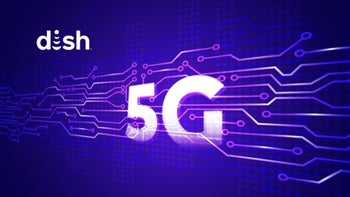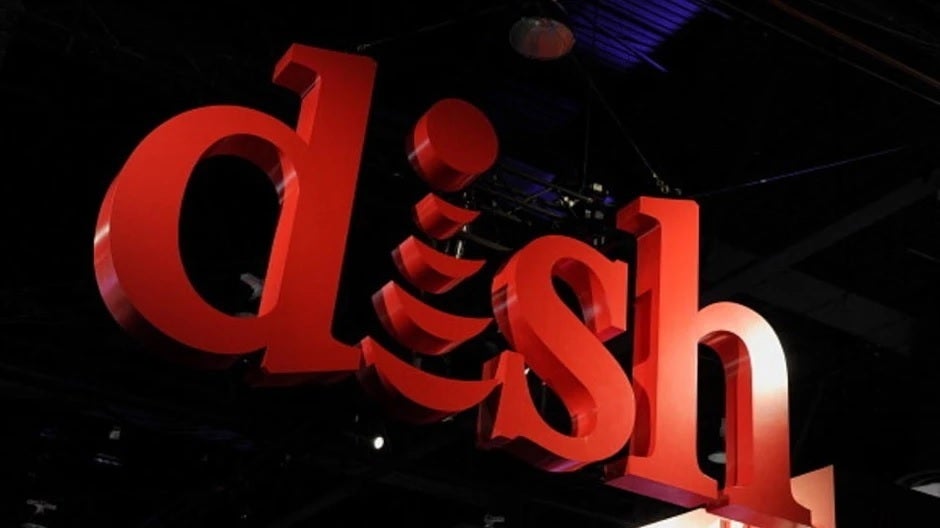Dish is expected to meet its FCC mandated 5G coverage target on June 14th

The biggest obstacle that T-Mobile faced when it announced that it was going to buy Sprint on April 29th, 2018 was the same roadblock that prevented previous attempts of a Sprint-T-Mobile merger from getting off the ground. You might say that mathematics was the problem. The Justice Department feared that having Sprint disappear from the mobile landscape would reduce competition in the wireless business by 25%.
The DOJ feared that not having a fourth wireless competitor would lead wireless carriers to raise prices significantly
Reducing competition by such a large chunk led regulators to fear that the merger would leave the industry with only three major wireless providers in the states resulting in higher pricing for consumers. To replace Sprint as the "fourth nationwide facilities-based network competitor," Dish Network stepped in. This wasn't totally surprising since Dish Chairman Charles Ergen had always made noise about wanting to run a wireless business.

Dish should meet DOJ requirements requiring its 5G signals to cover 20% of the U.S. population by June 14th
After T-Mobile led the way by spending nearly $8 billion to win 31Mhz of low-band 600MHz spectrum that the FCC put up for bids in 2017, Dish was next with bids totaling $6.21 billion. Dish, T-Mobile, the DOJ, and the FCC finally came to an agreement. Dish would acquire Sprint's pre-paid businesses including 9.3 million customers to start. After several losing quarters, that figure is down below 8.5 million subscribers as customers started to leave Dish.
Dish says that it is on track to meet an FCC mandate agreed to as part of the T-Mobile acquisition of Sprint. Dish must cover 20% of the nation's population with 5G signals by June 14th. According to Fierce Wireless, Dish Network is expected to meet this demand. Currently, Dish is a mobile virtual network operator (MVNO) which means that while it is building out its own 5G network, it pays carriers like T-Mobile and AT&T for wireless service that it turns around and sells to the public at retail prices.
By June 14th of next year, it must cover 70% of the U.S. or more with wireless service running at a download data speed of 35Mbps or faster, to be verified by a drive test. Meanwhile, Dish is building its own standalone 5G network which uses 5G technology end-to-end. Non-standalone 5G networks provide services using 5G along with older technologies including 4G/LTE.
Analysts covering the wireless business believe that Dish Wireless will still need to operate as an MVNO for voice service even within the 20% of the country that will be covered by Dish's 5G signal starting on June 14th. That was confirmed by Dish's Ergen last month when he said that Dish Wireless would first use its own 5G signals "for data." Ergen also noted that Dish's 5G service would be "less robust at the outset" than he had hoped.
Dish might still need to rely on its MVNO partners to provide 5G voice services
Some other carriers continue to rely on VoLTE (voice over LTE) despite using a network with a 5G core. One such carrier, surprisingly, is U.S. 5G leader T-Mobile. New Street Research analysts say, "Our understanding is that making standalone 5G voice services (called VoNR or 'voice over new radio') work seamlessly has proven challenging for the industry at large."
New Street continues by saying, "While VoNR is working for Dish in Las Vegas, our sense is that it has been tough to optimize it in other markets, and specifically, to accomplish seamless handoffs between VoNR on Dish’s network and VoLTE on either AT&T or T-Mobile’s network when a customer moves beyond Dish’s network coverage and onto the MVNOs."
Despite having issues with VoNR (just as T-Mobile is), New Street says that Dish will meet its regulatory requirements covering 20% of the U.S. with its 5G service by a week from this Tuesday. "Based on our read of Dish’s commitment to offer '5G Broadband Service,' it seems unlikely to us that Dish will be considered to have failed to achieve 20% coverage if they rely on the MVNOs for voice services within that coverage at the outset, while only using their own network for broadband services."










Things that are NOT allowed: